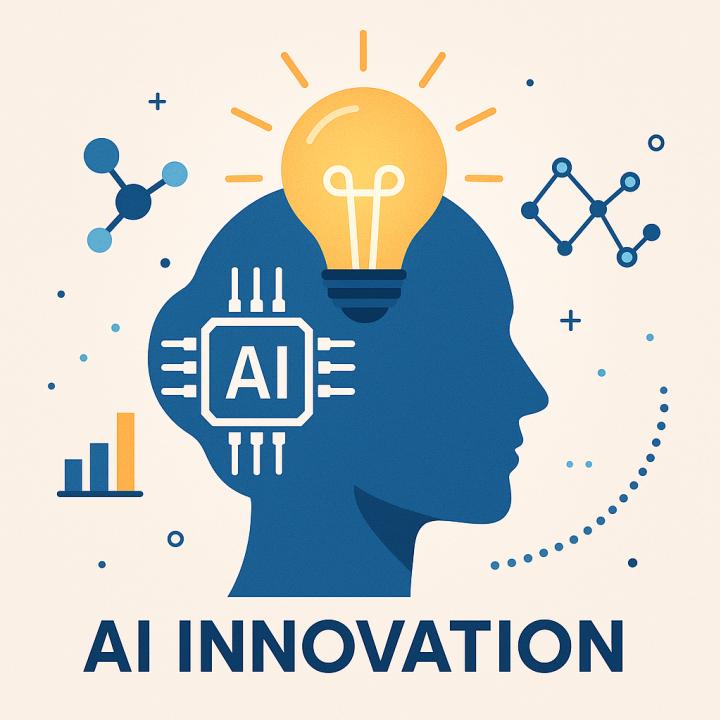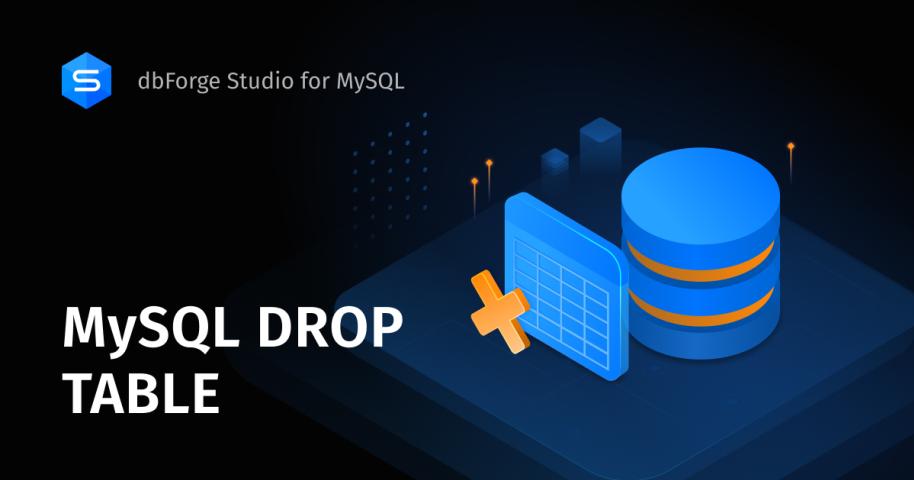Generative AI is transforming industries at an unprecedented
pace, and data is the lifeblood fueling its rapid evolution. Hack the Future
is more than just a hackathon—it’s an innovation sprint designed to bring
together creative minds, data enthusiasts, and AI pioneers to solve real-world
challenges using cutting-edge AI models. Whether you’re a developer, data
scientist, business leader, or AI enthusiast, this event is your chance to push
the boundaries of what’s possible.
But why is this sprint so important? Because AI without data
is like a car without fuel. The combination of machine learning, vast datasets,
and powerful computing resources is enabling groundbreaking AI applications
that are revolutionizing businesses, healthcare, and even the arts.
If you’re ready to be part of the next wave of AI innovation, let’s dive into what Hack the Future is all about.
What is a Gen AI Sprint?
A Generative AI Sprint is an intensive, fast-paced event
where participants collaborate to create AI-driven solutions in a limited
timeframe. Unlike traditional hackathons that may focus on general coding or
app development, an AI sprint zeroes in on building machine learning models,
experimenting with generative AI frameworks, and leveraging data to develop
functional prototypes.
Key characteristics of a Gen AI Sprint include:
- Speed
& Efficiency: Participants work within a compressed timeline,
usually 24-72 hours, to build and test AI models.
- Data-Driven
Development: Teams rely heavily on datasets to train and fine-tune AI
applications.
- Collaborative
Problem-Solving: AI sprints encourage interdisciplinary teams,
including data scientists, developers, domain experts, and designers, to
work together.
- Focus
on Innovation: The goal is not just to build AI solutions but to push
the boundaries of what generative AI can achieve.
AI sprints are becoming the go-to format for companies and researchers looking to fast-track AI development, as they offer a structured yet flexible environment to test, iterate, and deploy AI-powered ideas.
The Role of Collaboration in AI Innovation
Generative AI sprints succeed when diverse minds
collaborate. The best ideas emerge when developers, data scientists, domain
experts, and designers work together. Each role plays a critical part:
- Developers
handle the technical implementation, coding AI models, and integrating
APIs.
- Data
Scientists focus on data preprocessing, model training, and
performance optimization.
- Domain
Experts ensure the AI solution aligns with real-world needs and
industry standards.
- Designers
enhance the user experience by making AI-driven applications intuitive and
accessible.
Successful AI projects often stem from cross-disciplinary
collaboration. For example, an AI-powered medical diagnosis tool requires
software engineers to build the model, doctors to provide insights, and UX
designers to create a user-friendly interface.
Effective teamwork in AI sprints relies on:
- Clear
Communication – Regular updates prevent misunderstandings and keep the
project on track.
- Defined
Roles – Assigning responsibilities ensures efficiency and
accountability.
- Agile
Development – Iterative testing and feedback loops refine the AI
solution quickly.
Companies like Google, OpenAI, and DeepMind emphasize collaborative AI research because breakthroughs rarely happen in isolation. AI sprints mirror this approach by fostering teamwork and knowledge-sharing.
Ethical Considerations in Generative AI
AI’s rapid advancement brings ethical challenges that must
be addressed. Without proper safeguards, AI models can reinforce biases, invade
privacy, or be misused.
Bias and Fairness in AI
AI models learn from historical data, which may contain
biases. If not addressed, this leads to unfair decision-making in hiring,
lending, and law enforcement. Strategies to mitigate bias include:
- Diverse
and Representative Training Data – Ensuring datasets reflect a broad
spectrum of demographics.
- Bias
Testing and Audits – Continuously evaluating AI outputs for
discriminatory patterns.
- Explainability
and Transparency – Making AI decisions interpretable to prevent
black-box models.
Responsible AI Development and Deployment
Developers must ensure AI aligns with ethical guidelines and
regulatory standards. Responsible AI practices involve:
- Human
Oversight – AI should assist decision-making, not replace human
judgment entirely.
- Clear
Usage Policies – Defining acceptable AI applications to prevent
harmful misuse.
- Regular
Model Updates – AI should evolve to adapt to ethical concerns and
societal changes.
Data Privacy and Security
AI relies on massive datasets, but user privacy must be a
priority. Secure data handling practices include:
- Anonymization
– Removing personally identifiable information from training data.
- Data
Encryption – Protecting sensitive data from breaches.
- Regulatory
Compliance – Adhering to GDPR, CCPA, and other privacy laws.
AI’s future depends on ethical development. Organizations that prioritize fairness, transparency, and security will build AI solutions that truly benefit society.
Real-World Applications of Generative AI
Generative AI is making a tangible impact across industries.
Companies leverage AI to automate tasks, generate creative content, and enhance
decision-making.
Healthcare
- AI
models analyze medical images for early disease detection (e.g., Google’s
DeepMind in cancer diagnosis).
- Chatbots
assist patients by providing symptom analysis and appointment scheduling.
Finance
- AI
detects fraudulent transactions by identifying unusual patterns in banking
data.
- Algorithmic
trading uses AI to execute high-frequency stock trades.
Creative Industries
- AI-generated
art tools like DALL·E and Runway AI assist designers in creating visuals.
- Music
composition AI generates background scores for films and video games.
Customer Service
- AI
chatbots handle support queries, reducing response time.
- Virtual
assistants like Siri and Alexa provide personalized recommendations.
Manufacturing and Supply Chain
- Predictive
AI models optimize inventory management and prevent supply chain
disruptions.
- AI-driven
robotics improve production efficiency and quality control.
As AI technology matures, its applications will expand further, driving automation, personalization, and efficiency in every sector.
Challenges and Limitations of AI Sprints
AI sprints face several obstacles, from technical
constraints to ethical dilemmas. Overcoming these challenges is key to success.
Technical Challenges
- Computational
Power – Training large AI models requires significant hardware
resources. Cloud-based AI services help mitigate this issue.
- Data
Quality – Poor-quality or biased data leads to inaccurate AI outputs.
Preprocessing and data augmentation techniques improve model performance.
- Model
Interpretability – Many AI models operate as black boxes. Explainable
AI (XAI) methods enhance transparency.
Ethical and Regulatory Barriers
- AI
Bias and Fairness – Unchecked biases can lead to discrimination.
Regular audits and diverse training data help counteract this.
- Privacy
Regulations – Compliance with laws like GDPR and CCPA is essential to
avoid legal consequences.
- AI
Safety – Preventing AI from being used for malicious purposes, such as
deepfakes or misinformation, is an ongoing challenge.
Resource Constraints
- Talent
Shortage – Skilled AI engineers and data scientists are in high demand
but limited in supply.
- Funding
and Infrastructure – Small teams and startups may struggle with the
costs of AI development. Cloud-based AI services and open-source tools
help level the playing field.
Addressing these challenges requires a combination of technical expertise, ethical responsibility, and strategic planning.
How to Prepare for a Gen AI Sprint?
Success in an AI sprint requires preparation. Participants
should equip themselves with the right skills, tools, and mindset.
Prerequisites
- Basic
Knowledge of AI & Machine Learning – Understanding model training,
neural networks, and AI ethics is essential.
- Experience
with AI Tools – Familiarity with platforms like TensorFlow, PyTorch,
and Hugging Face helps accelerate development.
- Problem-Solving
Skills – AI sprints demand quick thinking and adaptability.
Recommended Tools & Platforms
- Coding
Languages – Python is the most widely used for AI development.
- Data
Platforms – Google Cloud AI, AWS AI, and Microsoft Azure provide
computing resources.
- Collaboration
Tools – GitHub, Slack, and Notion streamline teamwork.
Best Practices for Maximizing Output
- Define
Clear Goals – Outline the problem your AI model aims to solve.
- Prioritize
MVP Development – Start with a basic prototype and refine it.
- Test
and Iterate – Continuous model evaluation leads to better performance.
Preparation increases the likelihood of developing a high-impact AI solution within the sprint’s limited timeframe.
The Future of Generative AI Sprints
AI sprints are evolving, shaping the next generation of AI
innovations. Future trends include:
- AI-Assisted
Coding – Tools like GitHub Copilot are making AI development faster.
- Automated
Model Training – AI that optimizes itself could reduce the need for
manual tuning.
- Interdisciplinary
AI Sprints – Future sprints may integrate fields like neuroscience and
biotechnology to create novel solutions.
The future of AI sprints is bright, driven by continuous advancements in technology and increasing industry adoption.
Why You Should Join ‘Hack the Future’?
Participating in Hack the Future offers numerous
benefits:
- Hands-On
AI Experience – Gain practical knowledge by building real AI
solutions.
- Networking
Opportunities – Connect with industry experts, mentors, and peers.
- Career
Growth – Stand out in the AI job market by showcasing your work.
- Potential
for Startup Creation – Winning AI solutions could turn into
full-fledged businesses.
If you’re passionate about AI and want to push the limits of innovation, this sprint is the perfect opportunity.
Final Thoughts: The Power of AI & Data
Generative AI sprints are shaping the future of technology
by accelerating innovation and fostering collaboration. Data is the backbone of
AI, and those who master its use will lead the next wave of breakthroughs.
Are you ready to hack the future? Join the sprint and be part of the AI revolution.
FAQs
- Who
can participate in a Generative AI sprint?
- Anyone
with an interest in AI, from developers to business professionals.
- What
skills are needed for an AI sprint?
- Basic
knowledge of AI, programming (Python), and problem-solving skills.
- How
do I register for Hack the Future?
- Visit
the official event page and sign up before the deadline.
- Do
I need prior AI experience?
- No,
beginners can join and learn from mentors during the sprint.
- What’s
the biggest benefit of an AI sprint?
- Gaining
hands-on AI experience and networking with industry leaders.


















